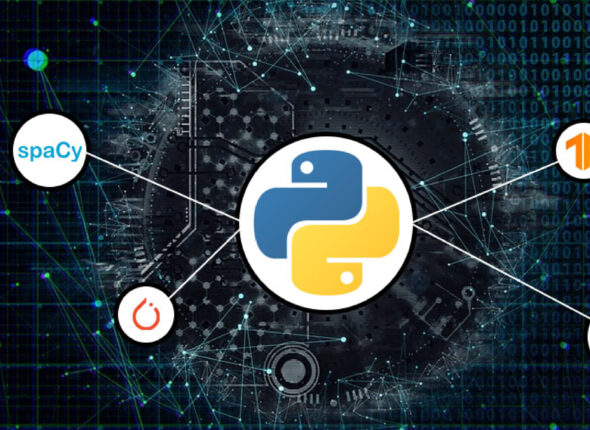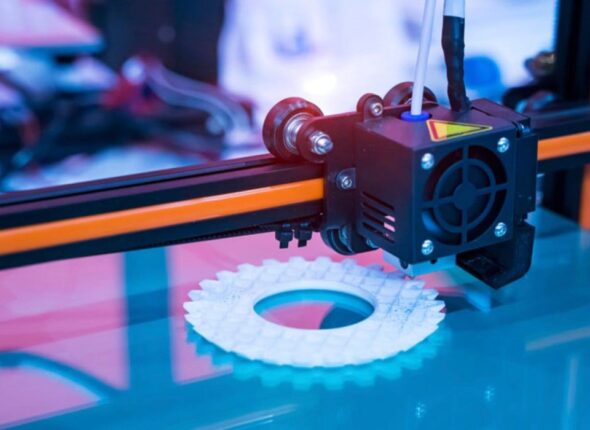
Electric & Hybrid Vehicle Design
Course Description
The Electric & Hybrid Vehicle Design short-term course offers an immersive learning experience, providing participants with comprehensive knowledge and practical skills to design and develop cutting-edge electric and hybrid vehicles. This course aims to prepare students for the rapidly evolving automotive industry, focusing on sustainable and eco-friendly transportation solutions.
What You’ll Learn From This Course
- Introduction to Electric & Hybrid Vehicles: Explore the principles and benefits of electric and hybrid vehicle technologies, understanding their role in reducing emissions and promoting sustainable mobility.
- Electric Vehicle Architecture: Learn about the different components of electric vehicles, including batteries, electric motors, power electronics, and onboard charging systems.
- Hybrid Vehicle Systems: Study the hybrid vehicle configurations, such as series, parallel, and plug-in hybrids, and understand how they combine internal combustion engines and electric powertrains.
- Battery Technology: Delve into battery chemistries, energy storage systems, and charging infrastructure, gaining insights into the latest advancements in battery technology.
- Power Electronics and Motor Drives: Understand the role of power electronics in controlling electric motor drives, optimizing efficiency, and managing power flow.
- Vehicle Dynamics and Performance: Analyze the impact of electric and hybrid powertrains on vehicle dynamics, performance, and handling characteristics.
- Energy Management and Optimization: Learn techniques to optimize energy usage, extending vehicle range and efficiency in electric and hybrid vehicles.
- Safety and Regulations: Explore safety considerations and regulatory requirements specific to electric and hybrid vehicles, ensuring compliance with industry standards.
- Design Tools and Simulation: Gain hands-on experience with design software and simulation tools to model and analyze electric and hybrid vehicle systems.
- Real-World Projects: Engage in practical projects, designing and prototyping electric and hybrid vehicle components, and presenting your innovative solutions.
Certification
Get industry-relevant certificates recognized by STED Council on successful completion of the course.
The curriculum is empty










